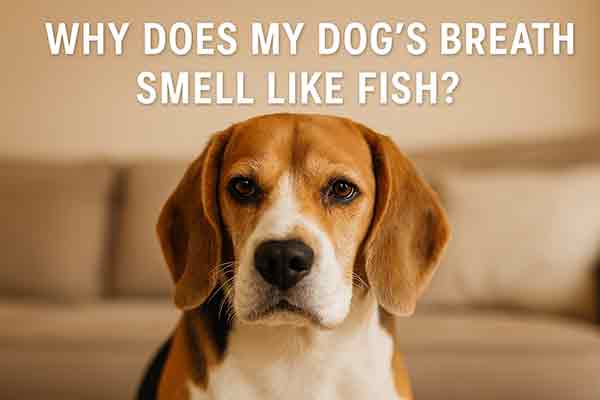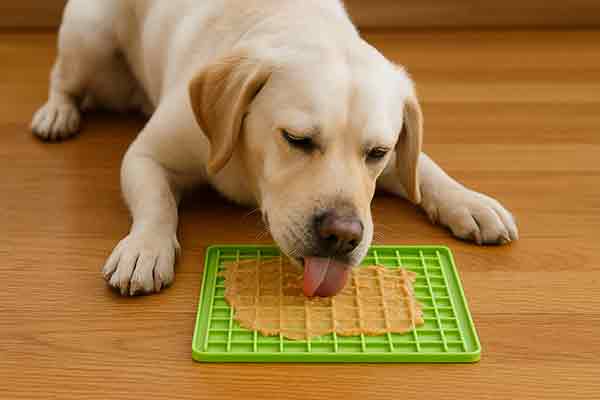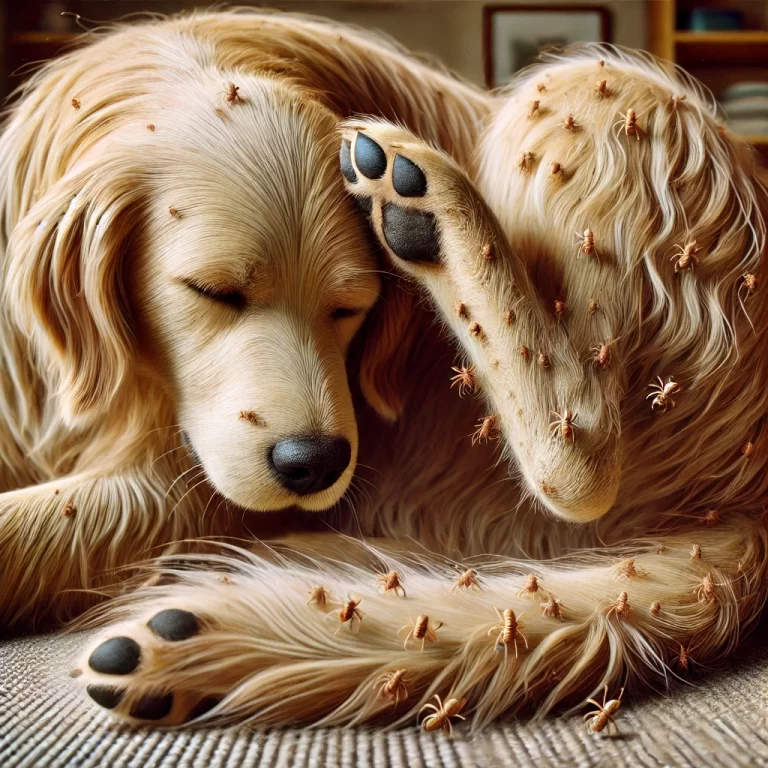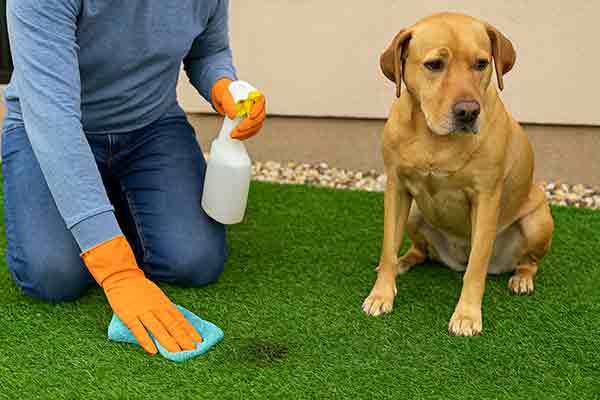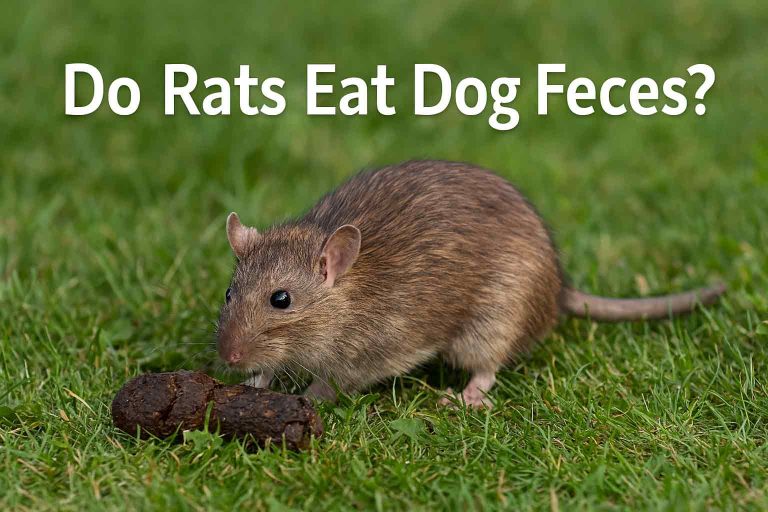Why Does My Dog’s Breath Smell Like Fish? | Causes, Remedies & Vet Advice
Table of Contents
- Introduction
- Is Fishy Dog Breath Normal?
- Common Causes of Fishy Dog Breath
- Anal Gland Issues and Breath Odor
- Dental Disease and Bad Breath
- Diet-Related Causes of Fishy Breath
- Other Health Conditions That Cause Odor
- How to Fix Fishy Dog Breath
- When to See a Veterinarian
- Conclusion
Introduction
Dogs aren’t known for having minty-fresh breath, but if your dog’s breath smells like fish, you may be understandably concerned. While a mild odor is normal, a strong fishy smell coming from your dog’s mouth could indicate an underlying health issue. In this article, we’ll explore the most common reasons why your dog’s breath smells like fish, what you can do to treat it, and when it’s time to consult your vet.
Is Fishy Dog Breath Normal?
Occasional bad breath in dogs can be normal, especially after meals or vigorous play. However, breath that consistently smells like fish may be a sign of:
- Dental disease or infection
- Anal gland secretions
- Digestive issues or poor diet
- Underlying medical conditions
Understanding the root cause is key to determining whether it’s a minor issue or something that requires professional attention.
Common Causes of Fishy Dog Breath
Let’s look at the most frequent reasons behind fishy-smelling breath in dogs.
1. Anal Gland Issues
This may come as a surprise, but impacted or infected anal glands are one of the most common causes of fishy dog breath. Dogs often lick their rear end when these glands are full, transferring the fishy-smelling oil to their mouth.
Symptoms of anal gland problems include:
- Scooting on the floor
- Licking or biting the rear
- Strong, fishy body or breath odor
Regular gland expression or treatment by a vet can help eliminate the odor.
2. Dental Disease
Periodontal disease is another major contributor to foul dog breath. When bacteria build up in the mouth due to tartar, plaque, or infected gums, it can cause strong, fish-like odors.
Signs include:
- Red or bleeding gums
- Loose teeth
- Difficulty eating or chewing
- Yellow-brown buildup on teeth
3. Diet-Related Causes
Some commercial dog foods—especially those with fish as a main ingredient—can naturally make your dog’s breath smell fishy. Dogs that eat a lot of omega-3 supplements or fish oil capsules may also emit a noticeable odor.
Additionally, dogs with poor digestion may regurgitate food or burp, adding to bad breath. Adjusting diet or switching to a higher-quality brand may help.
4. Other Health Conditions
Fishy breath can also be a symptom of internal health problems, including:
- Kidney disease: Can cause breath that smells like ammonia or fish.
- Liver issues: Often results in strong, sour, or metallic-smelling breath.
- Diabetes: May lead to fruity or unusually sweet breath, but in advanced cases can produce strong, unpleasant odors.
If fishy breath is accompanied by lethargy, changes in appetite, vomiting, or changes in urination, consult a vet immediately.
How to Fix Fishy Dog Breath
Once you’ve identified the root cause, there are several ways to improve your dog’s breath:
- Brush your dog’s teeth regularly using a dog-safe toothpaste
- Offer dental chews or toys that reduce plaque and tartar
- Schedule professional dental cleanings with your vet
- Feed a balanced, high-quality diet to support digestive health
- Ensure anal glands are expressed regularly by a groomer or vet
- Try water additives or breath freshening products formulated for dogs
When to See a Veterinarian
You should consult your vet if:
- The breath odor is persistent or getting worse
- Your dog shows signs of pain, bleeding gums, or tooth loss
- There are symptoms of anal gland discomfort
- Bad breath is accompanied by vomiting, diarrhea, or behavior changes
Your veterinarian can perform a physical exam and run tests to determine the exact cause of the odor and recommend appropriate treatment.
Conclusion
If you’ve been wondering, “Why does my dog’s breath smell like fish?”—now you know that the causes can range from minor to more serious health concerns. From impacted anal glands to dental disease or dietary factors, identifying the underlying issue is key to finding the right solution. Keep up with regular vet checkups, maintain good oral hygiene, and watch for any sudden changes in behavior or appetite. A fresh-smelling, healthy pup is just a few steps away!
Looking for more pet care tips? Explore our blog for trusted advice on dog health, nutrition, grooming, and more.

